Deciding whether to sell or rent your investment property can be a difficult choice. There are many factors to consider, such as the current market conditions, potential tax implications, and personal goals. In order to make an informed choice, it is important to understand the advantages and disadvantages of both selling and renting. Let’s take a look at these pros and cons of selling or renting your invetsment property in detail.
The Pros of Selling Your Investment Property
One of the biggest advantages of selling your property is that you are able to liquidate your assets quickly. This means you will have access to cash for other investments or expenses much faster than if you were to rent out your property. Additionally, selling your investment property allows you to avoid the hassle of finding tenants, dealing with repairs and maintenance, or collecting rent payments on a regular basis.
Another pro of selling your investment property is that you can utilize tools such as 1031 Exchanges that allow you to roll any capital gains owed into a new investment property. This provides leverage and the chance for portfolio growth.
The Cons of Selling Your Investment Property
One disadvantage of selling an investment property is that it can be time-consuming and costly. You will have to pay broker fees as well as other closing costs related to the sale which can cut into any profits from the sale itself. Additionally, depending on the current market conditions, there may be less competition for buyers which could mean a lower sale price than expected.
The Pros of Renting Out Your Investment Property
The benefits of renting out an investment property include generating a steady source of income for yourself over time rather than just a one-time lump sum payment from a sale. Additionally, by renting out your investment property, you are also building equity as each month passes due to rental payments made by tenants.
The Cons of Renting Out Your Investment Property
One major disadvantage of renting out an investment property is that it requires more effort than simply selling it outright since landlords must deal with tenant requests and maintenance issues on top of collecting rent payments each month. Additionally, landlords are responsible for paying taxes on rental income as well as any unforeseen maintenance costs not covered by their tenant’s lease agreement which could lead to unexpected expenses down the line.
Which Option is Best?
Deciding whether or not to sell or rent an investment property is ultimately up to each individual investor based on their particular needs and goals. If you are currently weighing your options and have questions on the tax side—particularly how a 1031 Exchange may be used if you decide to sell the property and buy another—please do not hesitate to contact our Qualified Intermediaries. We are here to answer all of your questions and help you work through the pros and cons of each option. To get started or to get your questions answered, simply call (888) 508-1901.

Real Estate Agents and 1031 Exchanges: A Crucial Partnership

Yes, You Can Finance Your 1031 Exchange Property – Here’s How



